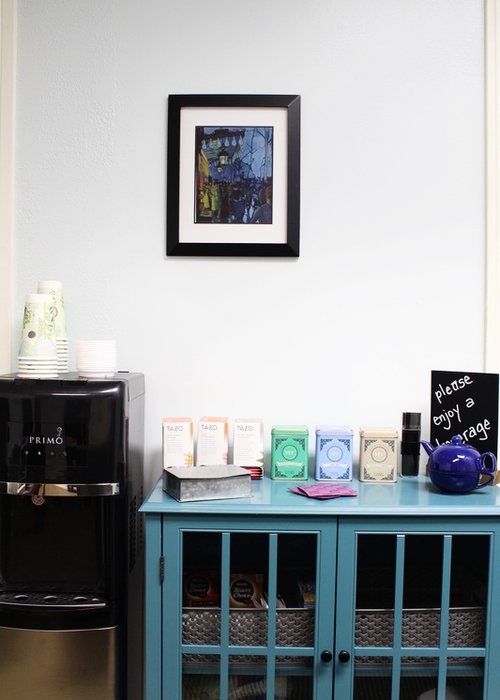So you’re thinking about going to therapy…
If you’re like most people who’ve never been before, you’re probably a little apprehensive at the thought.
For many people, the fear of going to therapy has more to do with the anxiety of not knowing what will happen than anything else. The more familiar you are with the process and events of counseling, the more comfortable you’ll be when you go. While your experience will be different depending on your therapist or the facility you choose to go to, there are a few things you can expect from a typical first session.
After you’ve scheduled your session, it can be helpful to prepare yourself for the experience. We have a specific page on our website that tells our clients what to expect, from how to schedule an appointment to arriving for the first counseling session. You can look on your counselor’s website for a similar page or document. If they don’t have one, you can always call and ask.
There are often a lot of nerves involved with trying to navigate to your counselor’s office, making sure you arrive on time, and waiting with anticipation for your first session. When you first arrive at the office, take some time to acquaint yourself with the space. Some have waiting rooms with receptionists that can give you instructions, and some do not. Many therapists work in shared office spaces or group practices. Typically, if there is no one for you to check in with, all you will need to do is just come in and sit down. Many times, you can help yourself to complimentary refreshments while you wait. Your counselor will come get you when it’s time for your appointment or give you some paperwork to fill out beforehand.
The required paperwork varies from counselor to counselor, but one thing you can be sure to find is an informed consent document. This document outlines your therapist’s credentials, the nature of counseling, limits to confidentiality, and any other information your therapist wants you to know. Be sure to read over this document carefully. You’ll go over it verbally at the very beginning of your first session, and you’ll be able to ask any questions you may have.
After going over the paperwork with your counselor, you’ll probably have a lot of things spinning around in your head. Your therapist will typically direct you with questions about your life. The first session is really a “getting to know you” type of session. You are building a new relationship with your therapist. To best help you, your therapist needs some information about who you are. This may include your hobbies, occupation, day-to-day activities, current relationships, and oftentimes, your family of origin. Your counselor will also want more information about why you’re there and what you want to get out of therapy. If you’re going in for couples counseling or family therapy, your counselor will want to get a sense of the dynamics between everyone involved. Each of your perspectives will be considered and asked about.
You may also be worried or fearful about breaking down or crying. You’ve probably got some painful emotions built up. Don’t worry too much about this, your counselor is used to crying. And while it may be uncomfortable, it can be cathartic to just let out that build-up of emotions. Your therapist will help you learn to navigate them and become more comfortable with vulnerability.
Remember, you can always call your therapist to ask any questions that you may have beforehand. Everyone has different practices and ways of doing things, but the important thing to know is that it’s truly not as scary as it may seem. Many people really enjoy the growth experience once they start.


































